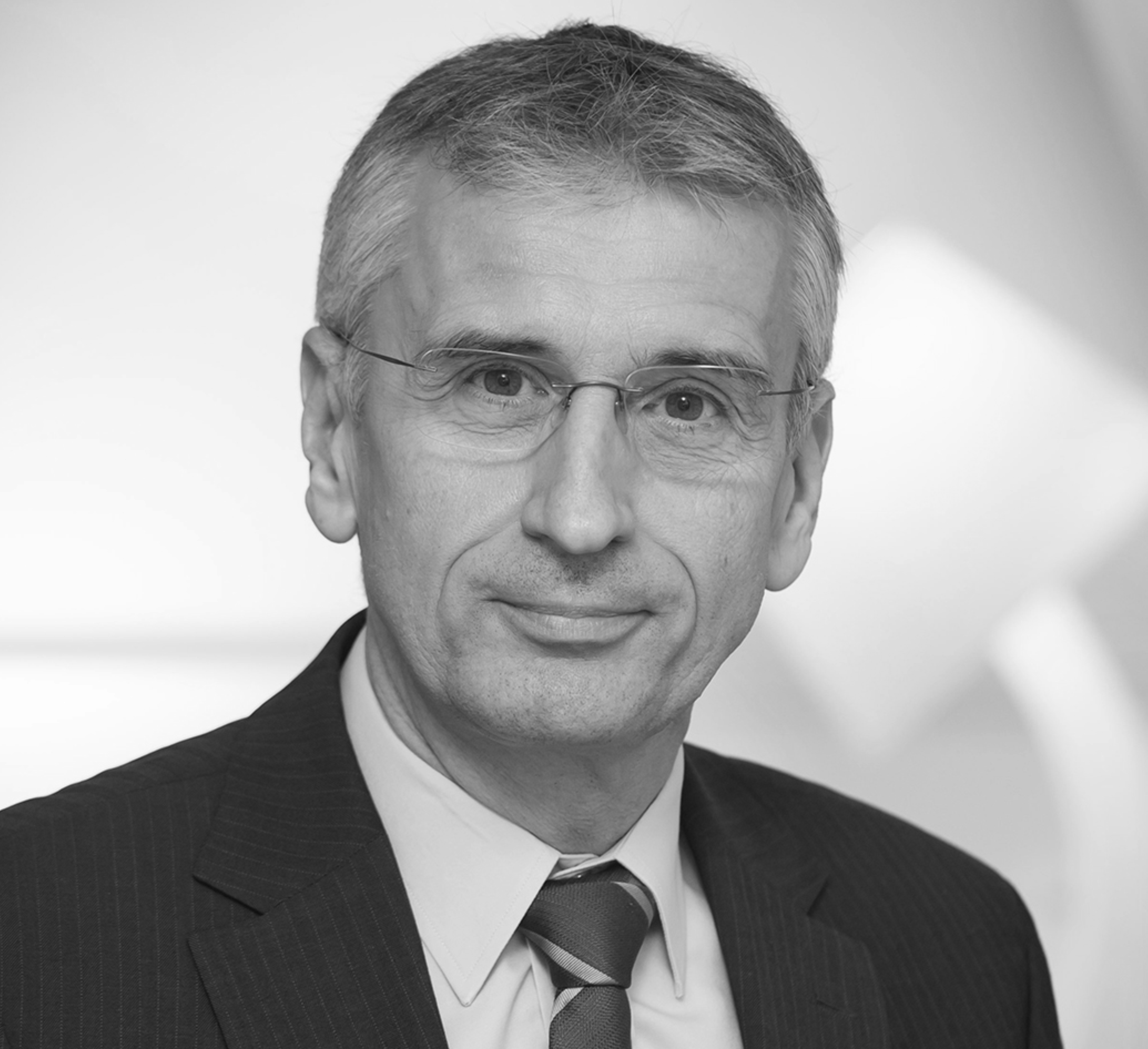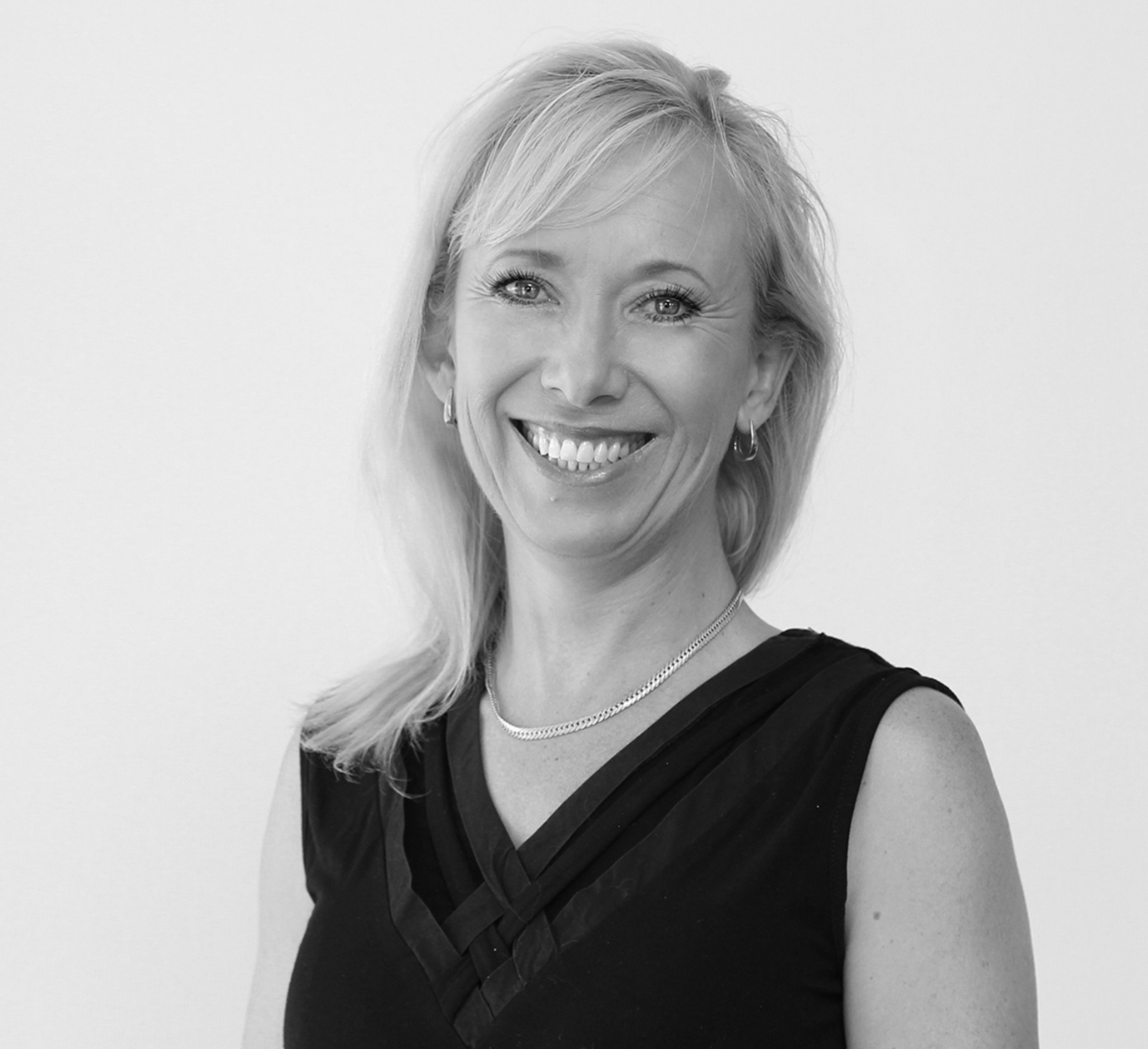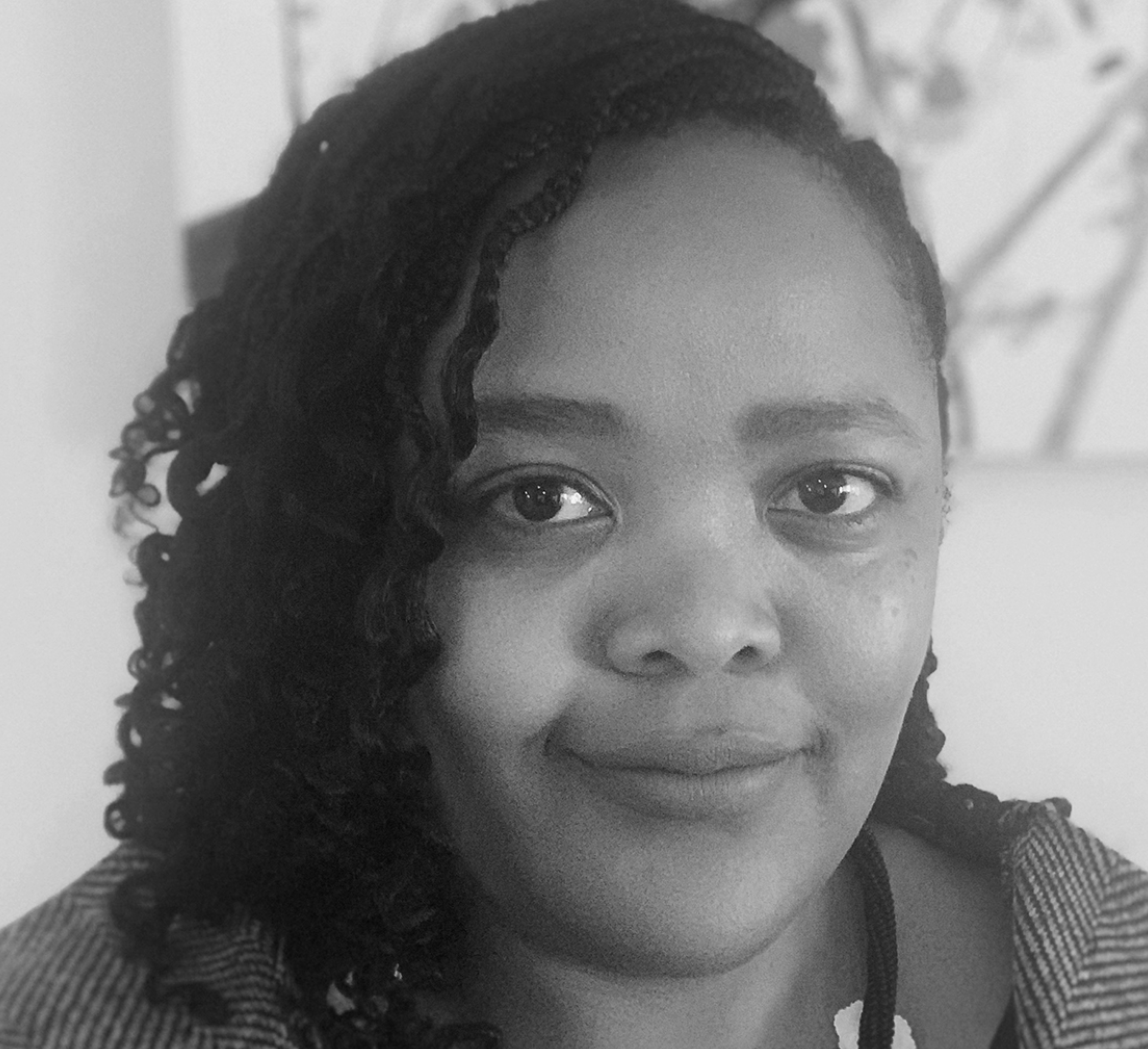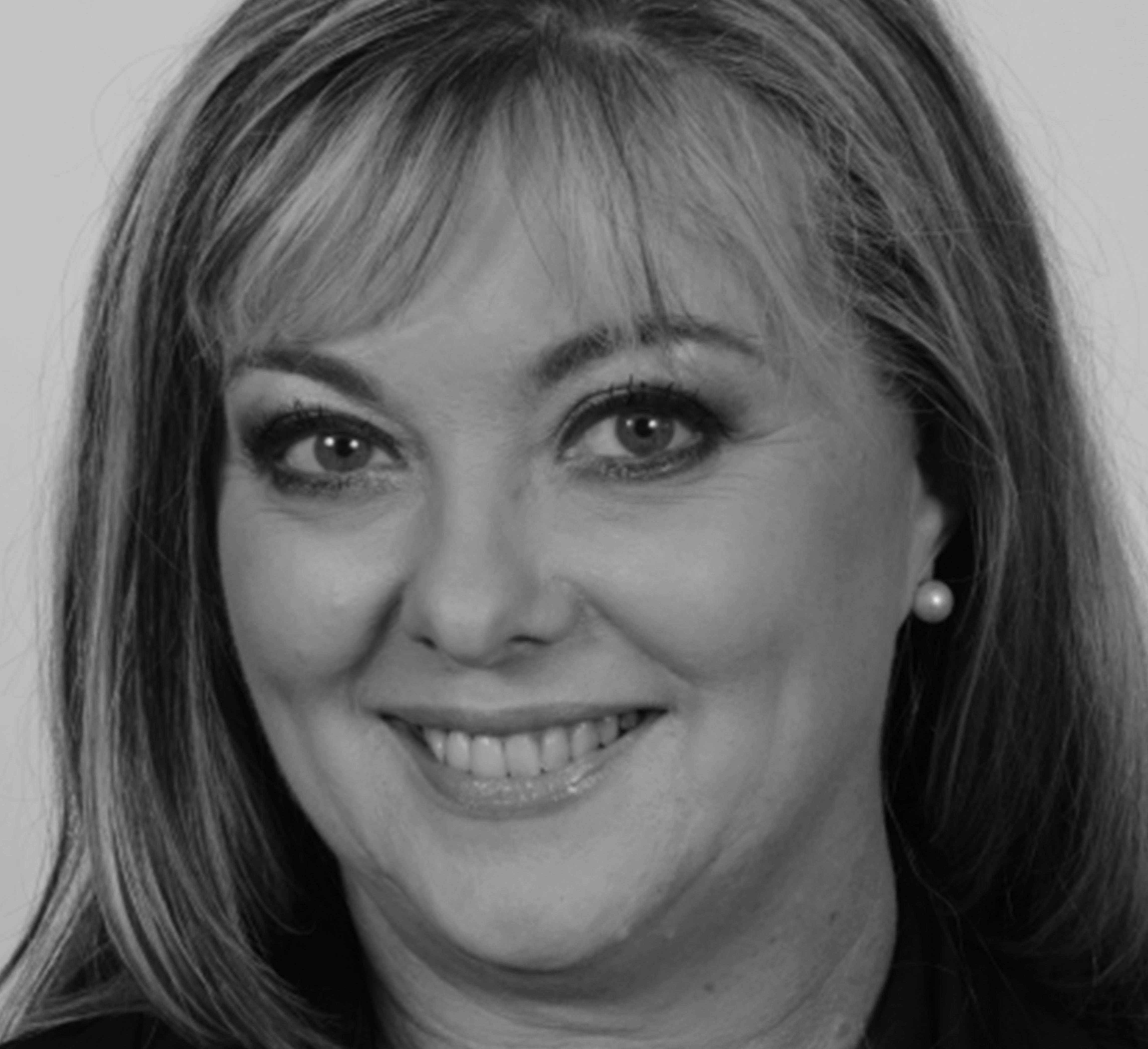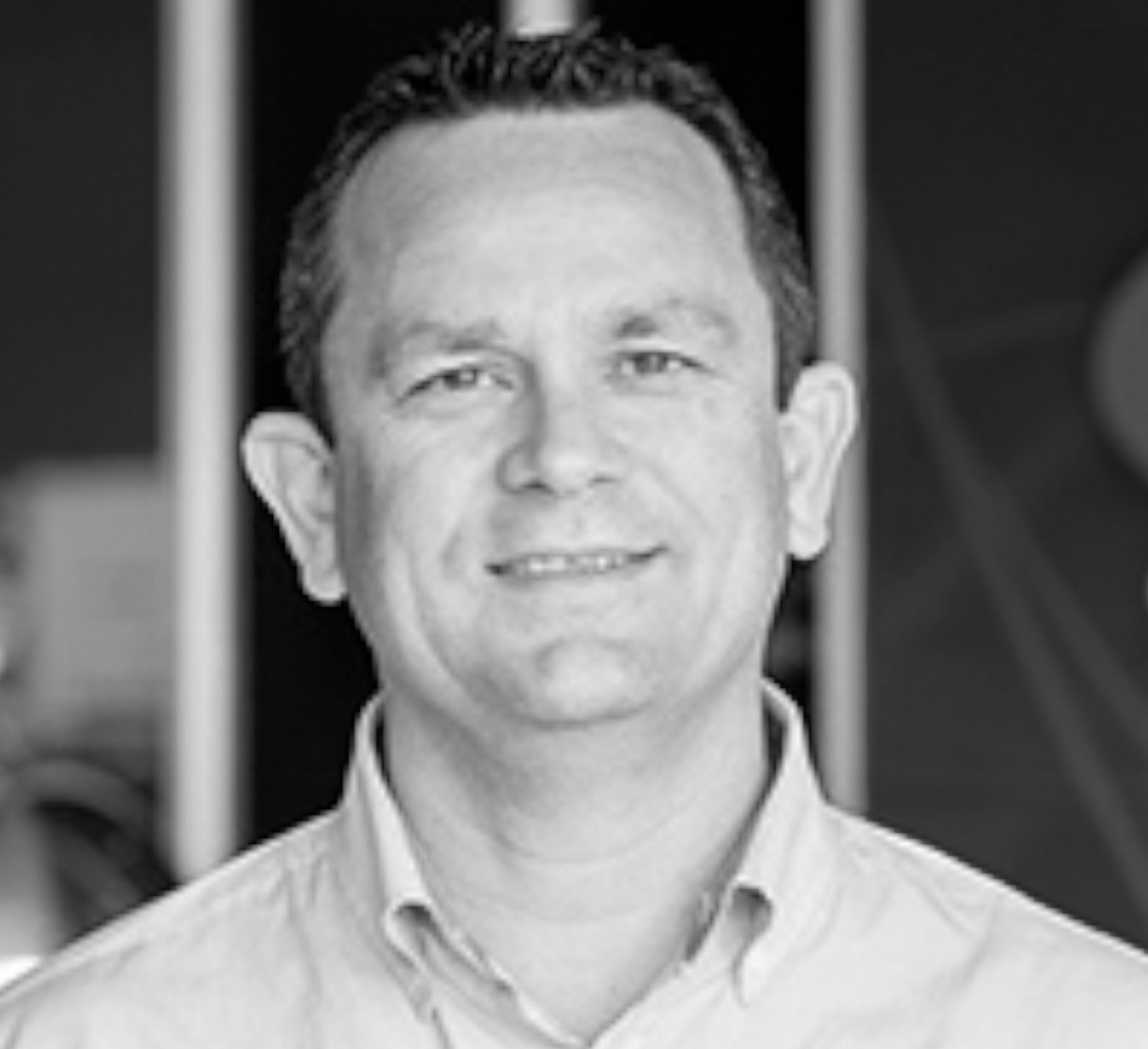74: Armand Angeli
Chairman, RPA, Intelligent Automation, Shared Services and Outsourcing Committee
Armand Angeli says the skills required by the modern CFO are not taught in schools and universities. The CFO of the future will rely on robotics and automation

Ciaran Ryan This is CFO talks and I’m Ciaran Ryan and I’m delighted today to be joined by Armand Angeli, who is a recognized international expert in shared services and outsourcing as well as robotic process automation, intelligent automation and International business development. Armand leads the shared services, automation and outsourcing committee of the DFCG, which is the French CFO Institute. That’s a think tank with more than 400 CFOs and leaders in shared services, automation program and finance transformation. Armand was previously a partner with Grant Thornton, where he headed up several business units, such as finance transformation and outsourcing travel and payroll outsourcing.
He has degrees in engineering from INSA Lyon and an MBA from INSEAD, served in senior international roles, including as purchasing director, sales manager, internal audit director, and CFO, over a fifteen-year period with IBM, General Electric and CNH. That’s quite a resume. Welcome Armand, how are you today?
Armand Angeli: I’m fine, Thank you. Thank you very much for the invitation and thank you for the introduction. Actually, I’m afraid it’s more than fifteen years. I have some gray hair, it’s more like 25.
Ciaran Ryan Oh, really okay. I think we should probably explain that you are French and you are talking to us from Provence in the South of France at the moment. That’s correct, right?
Armand Angeli: Yes, I actually, yes, I am currently located because of COVID in Provence. Usually I am in Paris and yes, I’m French, but I’m also Italian. I have an American wife and I studied in the US, so I’m very international. As you’ve said, I’ve held several jobs in these large international companies, not only France but abroad. So yes quite international and again very happy to be here today too bad, the COVID, is not helping, but we get there.
Ciaran Ryan Yeah. I mean, we were just talking before we came on air about COVID, just briefly tell us where you’re living, which is a very tourist area in France. Has it killed off the tourist season for you?
Armand Angeli: Actually, yeah, Provence and the Cote D’Azur are places where typically, we have lots of tourists coming from all over the world. Americans, Russians, Belgian. This year we haven’t seen anybody, except for the ones who can travel because they are a resident, they come quite often. They have a resident card otherwise we don’t see all these tourists but, also Provence is also a place with lots of festivals. I’m sure you’re aware of a festival Lyon or the Opera festival in d’Orange and all that has been killed off because of COVID, so sad not to have all these tourists but, it was also sad not to have these festivals, which we quite enjoy. We did, have one big festival, piano festival because it was in the open air. Otherwise it has been a bit slow. So yes, actually we typically have lots of people visiting from all over the world in Provence over the summer, but this time it was very quiet.
Ciaran Ryan Yeah, well, I think this is a worldwide thing. Okay, let’s just kick off. Tell us a little bit about your current role and the organization, DFCG. I’m particularly interested in the role of automation and shared services. What is it exactly that you’re doing with DFCG?
Armand Angeli: Okay yes, as you said, I have several hats. One is more business-related which is I advise some senior executives from the US, from UK, not yet from South Africa, on the way they want to approach the French and South Europe markets. We have solutions for CFOs or for finance, that’s the one side. Then, I’m also as we said in charge of all the international matters for the French CFO network called DFCG, CFO network. We have 3000 people, all over France, but also a few abroad. This international group is a platform for exchanges between CFOs or CFO Institutes abroad and the French CFOs. We want, for example, to export abroad so they come to know more about us and to have some ideas on how to deal with some countries. Beyond that we help CFOs to exchange with appeals internationally. That’s the international side of my role and because I have been in sales, auditing, purchasing, I have dealt with for the past 25 years with shared services, outsourcing and following that I started a think tank to help CFOs from the French CFO association. Think tank to help them exchange on what’s going on in all these topics. it’s only CFOs, no consulting firms, no providers. We exchange between peers on good and bad experience, good and bad products, we exchange through round tables, seminars, conferences, articles. We started a few years ago with shared services, outsourcing and BPO, and then we moved more into automation, finance transformation and right now, we are talking a lot about these new tools for automation, like RPA like AI. All the tools around to help with finance transformation.
This group think tank now we are about four hundred people. We started very small and there’s so much going on in this area that we ended up being 400 people. Again because they want to these people CFOs, auditors, they want to exchange with peers rather than being pushed by a provider, suppliers or consultants. They don’t want to be pushed into buying product solutions, which are not always the ones they need. I facilitate all these exchanges again, through these round table seminars but, also through organizing one to ones. When people want to have a discussion with one person from a given company I help with the relationship and lastly we believe that there is lots going on abroad. I look into which events, seminars are available outside of France and I try to be part of these meetings as a speaker, as a panelist. This way I can meet more people abroad and bring back some good experience that I can share with the network.
It used to be very much face to face, but now more and more virtual. That’s what we do within this think tank and actually it works very well. I have lots of requests and now because people are more available on the web and through virtual conference, virtual talking, so I have more and more requests for exchanges.
Ciaran Ryan Okay, just talk about that, the automation side, as far as CFOs are concerned. I agree with you there’s a lot of products being sold, a lot of products coming onto the market promising to automate certain processes but, from your experience and where you’re sitting give us a very brief overview. Where is most of the attention going? Is it internal audits? Are companies trying to automate internal audit functions, or where is the attention going?
Armand Angeli: That’s one side, automation, typically started with places where we have lots of volumes lots of people and where we have processes. Typically, well-run processes and typically that’s shared services that we have. It’s more like accounting and back office functions, AP, AR, GL all the closing processes. It’s back office, but actually, started not with automation with, I would say finance transformation and most companies want to transform their finance functions to be more productive, more effective and so they looked into ways. First it was a Lean Six Sigma, and then it went into automation and that’s what we see more and more. It’s called RPA robotic process automation where we automate tasks that people do in front of PCs or tasks for small processes. That’s what we see so RPA, then it’s in back offices and it’s evolving to FPNA to as you say internal audit, but the bulk, where you can be more effect, thanks to automation is our back offices. Also the transformation and the automation, the goal is to go from front to back office from client to suppliers, in one shot without papers, without having to retype data and stuff. Automation is not really for back offices but also for straight through processing between front and back offices and the idea is not to have front and back but to have a single office.
Ciaran Ryan Right, Okay, I see that you’ve got an engineering background as well as a business background. Now that’s obviously quite important in the type of work that you’re doing. How does that help in the finance world? Does it give a broader understanding of the drivers of business, the fact that you have this engineering and the fact that there is so much engineering coming into the automation and the robotics side of business?
Armand Angeli: Yeah, it comes all together because more and more the CFOs are co-pilots or drivers of the business with the CEO and so we need to know what’s a factory, they need to know and have real business sense to drive the business. You cannot just be a pure accountant and go up the ladder to become a CFO. You really need to have a technical experience, management experience, people experience. That’s why we see more and more in France and Western Europe, we see more and more CFOs, not coming only from an accounting world but also from engineering and so on. It does help to have the type of background I had. It helps also when you need to be credible when you want to enforce some rules or some projects to the people in factories, to the people in sales, you need to be able to use their words. You can’t just say that’s the way it is accounting wise because IFRS requests it, you need to communicate properly with their own words.
Ciaran Ryan Right. I mean, you just touched on a few things there that I want to speak about. One is the changing role of the finance executive. Are you aware of the research that was done by the university of Ontario? It’s called moving from CA to CFO and they identified 34 competencies that the ideal CFO needs to have. Interestingly, one of the key things that they’re finding, it’s not so much the accounting side, it’s the soft skills that CFOs are required to have. From your perspective, what are the changes that you’ve seen in what’s required of a CFO and does the education, the academic side, the training does it accommodate what’s required of the modern CFO.
Armand Angeli: To be a really effective CFO, training is one thing, but it’s not everything. You need to have the base, the accounting basics, but it’s really not enough. The other skills you need, you don’t really learn them at school. Maybe part of it you can learn in business schools, but the rest you learn by doing it and by talking to people. You’re absolutely right, soft skills are key. They have been overlooked and people realize after some years in their careers, soft skills are very important. Meaning communication skills, being able to talk to convince bankers, convince your CEO, convince your employees, so, communication is key. People management is key because sometimes you have to explain tough things. You need to also be a project manager, more and more you have projects to lead, you need some specific skills to lead projects and all of that are soft skills. It is way beyond the accounting skills which are technical, it’s very technical. You just learned to get your skills, but the rest, the soft skills are key and they are more key the higher you go in a company.
Ciaran Ryan I think this is why the South African Institute of Business Accountants launched the CFO designation, basically to recognize that there are these additional skills that are required to be a CFO because the academies don’t teach them.
Armand Angeli: No, plus the CFO now is more finance and admin. He also has IT he has legal, so he needs to have all this background and you can’t learn everything. The good thing is through trainings, I guess, I’m aware that SAIBA does training, lots of trainings, so that’s good. It’s not something that you can learn when you are 20 at school, you need to learn throughout your career and that is great to have certifications and again learn by experience with peers. We’ve used cases and typically it’s what you do at schools or academies do when you are older.
Ciaran Ryan Let’s just switch subjects here for a minute and talk about COVID. We touched on that in the beginning, but just by way of background there were some figures that came out of South Africa yesterday where our economy contracted by 51%. I mean, it’s unbelievable. In the second quarter of this year, what is happening from a European perspective? How has COVID impacted business and what kind of recovery can we expect as we go into the last quarter of 2020?
Armand Angeli: France and the other countries in Western Europe have been very much affected. It seemed like the economy is recovering a little bit, but who knows are we going to have a second wave, a third wave. All we know is that we have to put in place the right processes to resist what might happen, put in place a remote working, put in place more automation, they talking about recoveries is a bit early. Even though we want to be optimistic, we don’t know what’s ahead of us. We do see some resilience in companies and it seems like the economy’s trying to pick up, but again, who knows?
Ciaran Ryan Yes. I mean, China’s quite a good example. They contracted; I think it was about 6.8% in the first quarter, but their economy rebounded by about 3.2% in the last two months. It just shows tremendous agility amongst the Chinese. I think the surveys that have been done amongst CFOs shows that there’s really only an expectation of a recovery next year. Would you agree with that?
Armand Angeli: Yeah. Expectations because we can’t just be pessimistic. We have a vision, an expectation, but before you can recover, you need to put in place the right infrastructure and so on and have the right projects to transform your company, to transform your business, to a find new markets. I’m not sure this is going to be easy, we see companies going down the drain because we don’t have cash. Big companies, might resist, overall, we can only expect recovery but whether it’s next year, I’m not sure.
Ciaran Ryan What is the general feeling in France about the lockdown that happened there are businesses angry about it? Are they pressuring government to relax the lockdown?
Armand Angeli: Actually, companies are somewhat happy with what the government has done. Government as poured millions to avoid layoffs and so on until now, but this is not going to last forever. So far, the government has helped most companies to stay afloat but starting end of the year, early next year, they have to let go of all these subsidies, so this is when we’ll know the truth.
Ciaran Ryan Right, but the general mood in France, has the government acted correctly?
Armand Angeli: Yeah, the money that the government has helped contrary to in other countries. When we compare, we put millions, billions into potential recovery to help. I have to say the French typically they are pessimistic anyway. I think the French are one of the most pessimistic country in the world. They tend to see the glass half empty rather than half full, but if you ask the CFO, the CEOs, they will tell you that the government in general has done the right thing to help. We not having all these layoffs and keeping companies afloat to recover, for example once the company has laid off people, they lose competencies and so on. The government has helped so that companies do not lay off and lose competencies and lose people when they will need them for the recovery. Overall, I would say, politics apart the French executives believe that the government has done the right thing.
Ciaran Ryan Alright, Armand we’re running short of time here just a few quick questions, if we may. First of all, tell us a little bit about yourself. You already talked about some of your academic background, where did you grow up and how did you choose the career that you did?
Armand Angeli: You know, a lot about me. What’s important is to talk about business and CFOs. A few more words, I am an engineer because in France, when you are good at school you are told that you have to become an engineer so that you can do whatever you want after you have your engineering degree. I soon realized I liked business and I got lucky because I was with IBM when I was younger. We both realized that I was good at doing business, I moved to purchasing to negotiate big contracts and then into sales. Then I believed that I needed some more business and some finance background. I went to INSEAD and then after a few years in finance I have moved into selling or developing business within the finance area. Right now I am at the intersection of finance and business development, this is business and finance that’s what I like.
Ciaran Ryan Are you optimistic for the future?
Armand Angeli: You know what, I am, by nature. I am optimistic. You know it pushes myself and people to think differently to revise their ideas which is good, we can’t just do the same thing over and over. The crisis is pushing us to our limits and which is good to rethink business. I like new things and I am optimistic. I know it’s tough but, I am optimistic.
Ciaran Ryan I think every company and every individual on the planet is being forced to rethink things and reprioritize what is important. That is particularly true in the business area and you see some extraordinary innovations now coming out of over the last few months. Have you, have you seen that for yourself?
Armand Angeli: Yes, absolutely right. I don’t know how it is in South Africa but, you won’t believe how many startups are coming, I see startups all over. In our CFO association DFCG, we have a group which takes care of only startups because there are so many ideas new ideas on how to help not only the finance executive, but also business. It’s also forced by the lack of new jobs in the old economy but lots of innovation in automation and in how to help with compliance. It’s moving a lot, of course not everybody is going to succeed but, I see lots of ideas. The startup community is booming.
Ciaran Ryan We’re seeing that in South Africa too and of course, a lot, you just see the growth in the tech sector in particular, and look at what has happened to the share prices of Tesla and Amazon and companies like that. It’s an indicator Zoom another one just fantastic growth.
Armand Angeli: We have the same in France, its not known because it is all in French but we have the equivalent in France and we are trying to become more international. We have the equivalent of zoom, we have all these products, which are not yet well known but they will get there.
Ciaran Ryan Final question. Have you had any books that you would recommend for finance executives? It doesn’t have to be finance, but it can be a fiction, whatever.
Armand Angeli: I would say any book which broadens your culture which takes you away from pure finance because you can’t learn finance and how to drive a business by reading books. Maybe some technical books about automation, AI and so on because there is so much being said and you can’t just listen to providers. Try to familiarize yourself with these new technical tools, RPA. AI, Machine learning, all these things. These are big words, but its best to read about rather than being pushed into selling that. Anything broadening your culture, international culture is good, but forget about accounting books.
Ciaran Ryan I guess if we look 10 years down the road, we’re going be looking at a very different profession. As far as the CFO is concerned with so many of these routine functions, are going to be automated. I think the level of intelligence and the level of data analytics is going to be quite extraordinary. People are going to have such knowledge about what are the drivers of the business and the drivers of profit and drivers of costs.
Armand Angeli: Yeah. I mean, we have to rethink the whole structure of companies the business models are different, we use the internet in ways that we didn’t really use it before. We have to rethink; we have to think out of the box and not keep the same processes the old way. That’s why automation is a way get rid of the old processes, we just automate the old processes if we need to. Then you find new ways of doing business. We tend to spend too much time on the old processes and back office functions and so on, we should get rid of them for automation or simplifying them and then spend most of our time in re thinking new business models, looking for new customers and new pricing schemes and all these things.
Ciaran Ryan Fascinating Armand, I think we’ll leave it there. We definitely might want to get to you back on again. Hopefully when COVID is not so much of a threat as it is now because this is such a fast-evolving field, you know, robotics and automation, artificial intelligence. There’s a lot happening in that field. Please come back and talk to us in a few months, if you will.
Armand Angeli: Yeah, with pleasure. I don’t know much about all the businesses in this area in South Africa, so hopefully after COVID I can come back and taste also some of you good wines.
Ciaran Ryan Yes and of course, you have been to South Africa before?
Armand Angeli: Yeah, but not enough. It was only a few days, so I want to come back.
Ciaran Ryan All right. Armand. Thank you very much for that.
Armand Angeli: Thank you.
Ciaran Ryan Armand Angeli, who is talking to us from Provence in France. He leads up a think tank in France called DFCG. Have a great day Armand, we’ll talk to you soon.
Armand Angeli: Thank you very much. Have a nice day. Bye.

